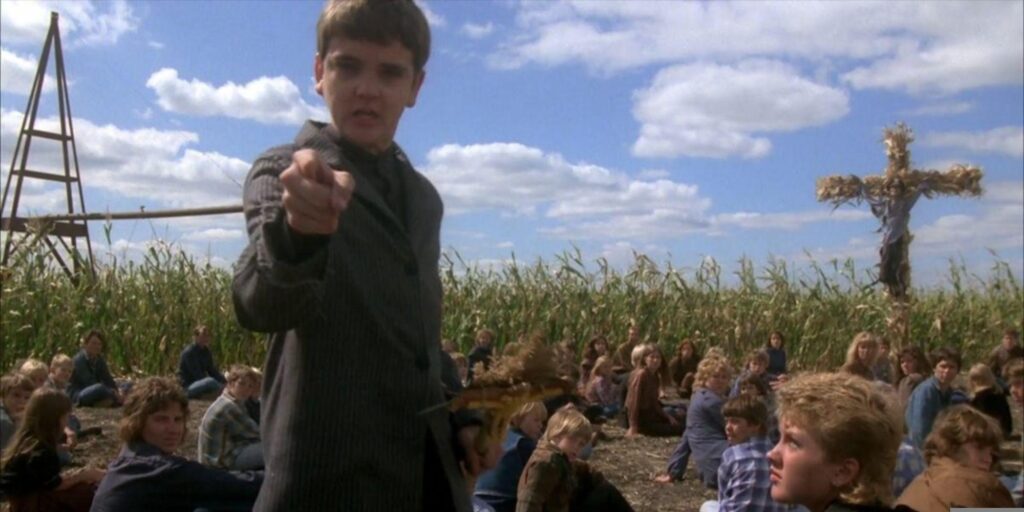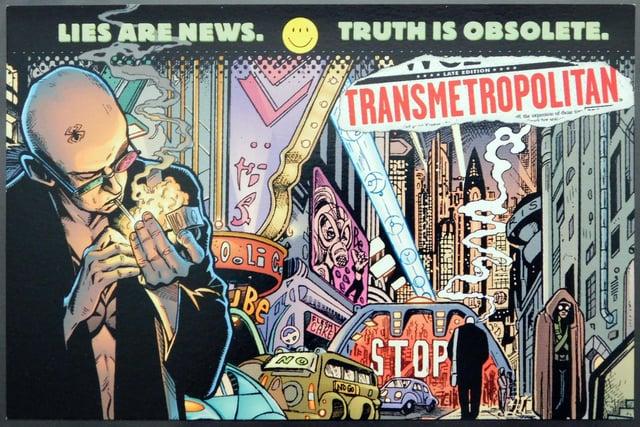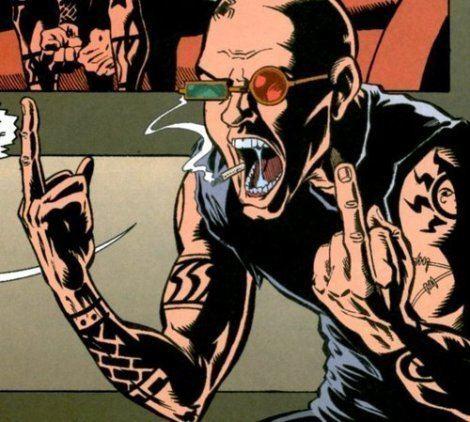
There’s a new gang here.
They’re 3–4 ft tall, run fast, and if you strike one of them, you go straight to jail. They are the Children of Cornopolis. They move in packs, hunt for fights or anything worth stealing. Two split off—one one way, one the other—then regroup and laugh. I’ve watched them beat up a woman who tried to move away; they knocked down another woman a block over.
If you spot 10–15 masked kids, keep them in your vision but back off. They mean to hurt you.
People here want to do you harm now. Waving at a stranger can get you attacked. Maybe they hate your hair, shirt, or the fact you’re happy—they’ll end that good day right now.
We used to think this was a decent place to grow up. Now it’s just a spot to get beat up.
The worst part is there’s zero consequences. These kids—ten or twelve years old—know with awareness that the system protects them. Youth is their shield and their weapon. Parents are MIA—either too weak or proud of their little tyrants.
The tactics have gone up a gear. What started as pranks and petty theft is now coordinated assaults, lookouts at every corner. They communicate through burner apps, disappearing into alleys and popping up blocks away. Their masks, once pandemic gear, now hide them from cameras that catch everything else.
Local shops are tanking. My favorite pizza joint closed after repeated patio attacks; staff got roughed up and quit. The playground sits empty except for these gangs claiming it. Families stay indoors; the elderly hide behind curtains. Public space got ceded through fear.
The cops are useless. “What do you want us to do?” one asked. “Arrest children? They’ll be back before the paperwork’s done.” Social services are strapped and underfunded. Schools wash their hands—”off campus”—and shrug. Everyone blames someone else.
Our community is splitting. Some push vigilante patrols. Others beg for outreach before it’s too late. A hardline crew wants legal strikes at parents, strict curfews, nonstop police. Meetings crash into shouting matches.
The toll goes deeper than bruises. Residents live in hypervigilance—scanning streets, plotting detours to dodge corners. Trust is gone; neighbors eye each other. After that last assault, everyone locked their curtains tighter.
There’s nothing unique here. Similar outbreaks hit towns across the region, proving this is systemic rot, not random crime. Economic collapse, broken families, digital desensitization—they combine into perfect chaos.
Most shocking is how we’ve accepted harm as normal. A friendly gesture feels dangerously naïve. The social contract is dead; trust is extinct. Every interaction risks conflict, so we shrink into smaller cages of safety.
Neighborhod watch turnout is dying. People move away without farewell gatherings. More “For Sale” signs pop up daily. Those left bolt their doors, reroute their lives. We’re a town of strangers living in fear.
This place once attracted aspiring families, promised peaceful retirements. Now it’s ruled by child predators in packs—brutality pays, kindness gets you hurt. We’re staring at a full moral collapse in daylight, under masks, with their laughter echoing down empty streets.


